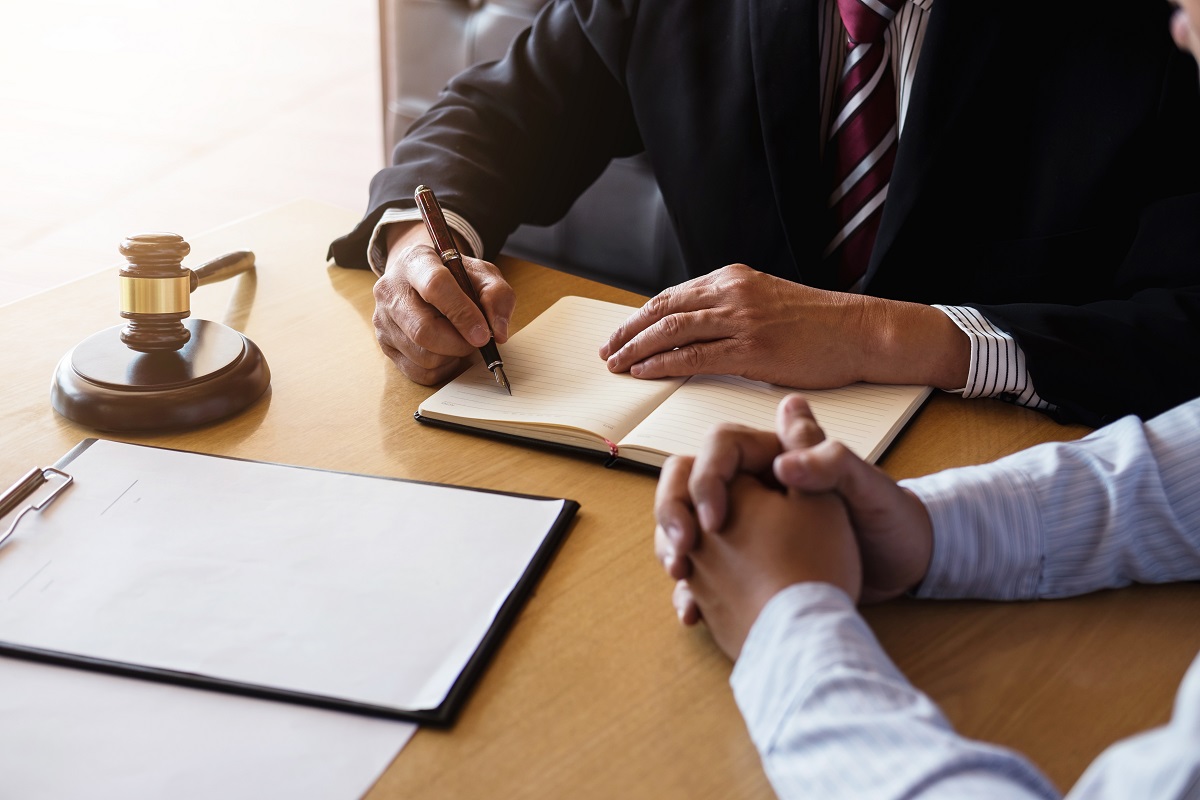- Physical or emotional abuse affects millions in the U.S., with legal rights and protections available for victims.
- Abused individuals have the right to protection, confidentiality, compensation, legal representation, and resources.
- Protective measures include restraining orders, which legally compel the abuser to avoid contact with the victim.
- Victims are encouraged to seek professional help, such as counseling and support groups, to recover from their experiences.
- Speaking out about abuse is essential in preventing future instances and empowering others to do the same.
Abuse can take many forms, from physical violence to emotional manipulation, and unfortunately, it’s a reality for too many people around the world. But just because someone is abused doesn’t mean they must suffer in silence. The law is on their side, and several legal rights and protections are implemented to help abuse victims. Here’s what you need to know about the number of abuses in the country, the rights of abused persons, and what you can do to ensure it never happens again.
Abuse Numbers in The U.S.
It’s estimated that a person is abused every twenty minutes in the United States. In 2017, there were over 10 million reported cases of abuse in the country, making it one of the most common types of violence. Most abusers are male, and victims are usually female, but abuse doesn’t discriminate. Both men and women can be abused regardless of gender, age, or race.
Rights for Abused Persons
Several legal rights and protections are in place to help abuse victims. Here are some of those rights:
1. Right to Protection
One of the most fundamental rights of abused individuals is the right to protection. This means anyone who has suffered from abuse has the right to seek legal protection and be kept safe from their abuser. Depending on the situation, this might involve a restraining order, a protective order, or even criminal charges against the abuser. In any case, the victim must know they have the right to protection and that they take steps to assert it.
2. Right to Confidentiality

Another vital right of abused individuals is the right to confidentiality. Abuse victims often hesitate to come forward due to fear of retaliation or shame. However, the law stipulates that victims have the right to privacy, meaning their personal information and accounts of events will be kept confidential when they decide to speak out. An attorney can help guide them, preserving their anonymity and security.
3. Right to Seek Compensation
Victims of abuse may also be entitled to seek compensation for their suffering. This includes economic damages, such as medical bills, lost wages, property damage, and non-economic damages, such as pain and suffering. An experienced attorney can help victims understand the types of compensation they may be eligible for and guide them through seeking fair restitution.
4. Right to Legal Representation
Every individual has the right to legal representation, and that’s particularly important for victims of abuse. An attorney can help victims understand their rights, navigate the complex legal system, and ensure their voice is heard in court. Legal representation can also deter abusers, making them think twice before further abuse.
5. Right to Resources
Finally, abuse victims also have the right to access various resources and support services. This includes counseling, emergency housing, and hotlines where they can report abuse or receive advice. Many organizations offer these resources free of charge, ensuring that anyone who needs help doesn’t have to suffer in silence.
How to Prevent Abuse in The Future
There are various ways to prevent abuse in the future. Here are three ways:
Restraining Order

Getting a restraining order is one of the most essential measures for preventing abuse. A restraining order is an official document that legally orders the abuser to stay away from the victim, and it’s essential to consider any previous instances of violence in deciding whether a restraining order should be sought. You can get one by asking an experienced restraining order lawyer to represent you. The lawyer can help you understand the requirements and guide you.
Seek Professional Help
It can also be beneficial for victims of abuse to seek professional help. Counseling and support groups can help victims understand their experiences, process their trauma, and progress healthily. Finding a mentor who can provide guidance and emotional support might be possible in some cases.
Speak Out
Finally, speaking out about abuse is important in preventing future abuses. Victims should share their stories, seek legal help when necessary, and educate others about the importance of understanding abuse. By speaking out, victims can empower others to come forward and help create a world where abuse is no longer tolerated.
It is paramount that individuals who are abuse victims understand their rights and the resources available to them. Abuse, in any form, is unacceptable and can have long-lasting impacts on victims. However, through legal protections and support services, there is help at hand. By standing up, speaking out, and seeking assistance, victims can foster a safer environment for themselves and others. Remember, you are not alone, and there is help. If you or someone you know suffers from abuse, contact professionals who can offer guidance, support, and assistance.


